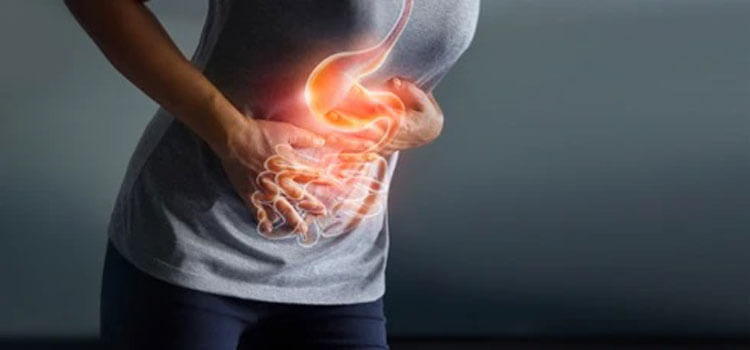Gastritis is a disease of the gastrointestinal tract in which the gastric mucosa becomes inflamed; generating characteristic symptoms such as stomach pain, indigestion and frequent belching, a feeling of dizziness or a very full stomach, loss of appetite, vomiting or an urge to vomit that arise especially after eating.
Gastritis has various causes that include poor eating habits, stress and nervousness, alcohol abuse, long-term medication intake.
The symptoms of gastritis can be mild and appear when eating something spicy, fatty or after consuming alcoholic beverages, while the symptoms of gastritis nervosa arise whenever the individual is anxious or stressed.
The gastroenterologist may request a test called a digestive endoscopy, which is used to visualize the internal walls of the stomach and verify if the H. Pylori battery is present; therefore, the presence of this bacterium in the stomach, in addition to aggravating the symptoms of gastritis, can facilitate the evolution of gastritis towards the formation of an ulcer.
The classification of gastritis is complex, but as a summary it can be said that they are divided into acute, chronic, and special forms of gastritis. Patients are recommended to make changes in their diet, avoiding certain types of food, drinks or drugs that can cause irritation of the stomach wall.









